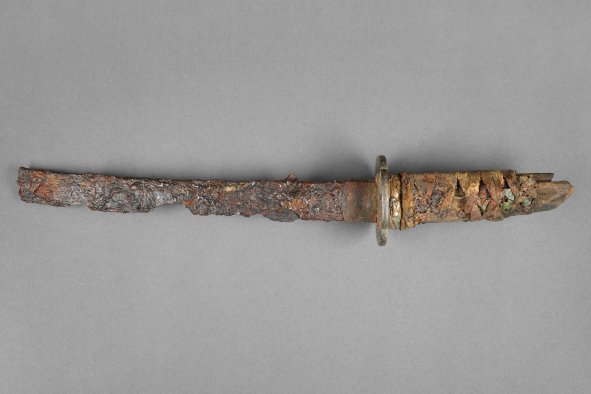Who knew buying toothpaste could get so confusing?
In 2023, the global toothpaste market was valued at $18.7 billion, according to Fortune Business Insights, and is expected to grow to $29.06 billion by 2032. The bathroom basic has been redesigned by several celebrity brands, and the once limited choice of flavors has now expanded to include everything from cupcake frosting to curry.
Perhaps the highest-flier in this new era of oral hygiene has been activated charcoal toothpaste. The black paste promises to remove stains and brighten your smile, convincing consumers to part with billions of dollars every year. But is this toothpaste trend doing more harm than good?
Newsweek spoke to Dr. Smita Mehra, the principal dentist at The Neem Tree Dental Practices, to learn more.
"While charcoal toothpaste has grown in popularity on social media in the last few years, it doesn't actually have as many benefits for your teeth as you may believe," Mehra told Newsweek. "In fact, [most charcoal toothpaste] contains lower levels of fluoride than normal toothpaste, which is essential for preventing tooth decay."
The charcoal powder is also fairly abrasive and can damage your enamel over time.
For those who still want a brighter smile, it might be tempting to opt for a more traditional whitening treatment.
"While whitening toothpastes are generally safe to use, using them every day or at high levels may have the potential to damage the teeth or irritate the gums without professional advice from dentists," Mehra said. "This is because the peroxide content in some whitening gels and toothpastes has the potential to cause ulcers or irritation of the gum tissues if used in high quantities.
"Not only that, but peroxide levels in some whitening toothpastes can also cause tooth sensitivity, which can be extremely painful," she said. "It is therefore important that, if you want to use a whitening toothpaste, you seek professional dental advice before doing so. They will be able to direct you on how often you should be using whitening toothpaste, or they may be able to suggest natural alternatives you can try instead."
Mehra added that one of the best ways to keep your smile bright is to maintain good oral hygiene. "First and foremost, it is essential that you keep up a good oral health care routine," she said. "Brushing your teeth twice a day will help keep them pearly white."
With all this in mind, what kind of toothpaste should we be using?
"As a dentist, I use Sensodyne Pronamel toothpaste, which is not only good at offering cavity protection but is also great for helping me with sensitive teeth," Mehra said.
Is there a health problem that's worrying you? Do you have a question about dental health? Let us know via health@newsweek.com. We can ask experts for advice, and your story could be featured on Newsweek.
Disclaimer: The copyright of this article belongs to the original author. Reposting this article is solely for the purpose of information dissemination and does not constitute any investment advice. If there is any infringement, please contact us immediately. We will make corrections or deletions as necessary. Thank you.



